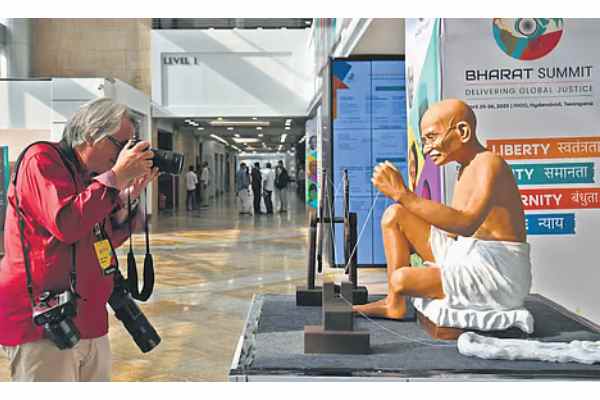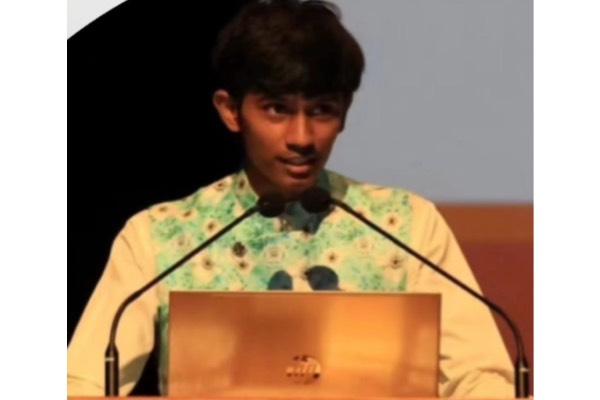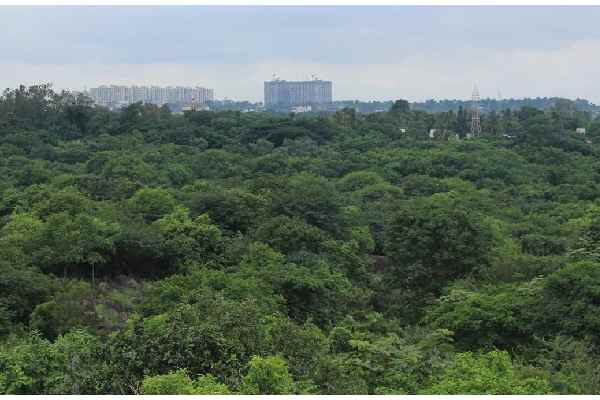The Kancha Gachibowli land dispute in Hyderabad has sparked protests, legal battles, and political controversy. At the center is a 400-acre government-owned parcel slated for IT development, which University of Hyderabad students claim threatens ecological balance. Here’s a breakdown of the key questions surrounding the issue.
Question: What is the Kancha Gachibowli land controversy about?
Answer: The controversy surrounds 400 acres of land in Kancha Gachibowli, Hyderabad, which the Congress-led Telangana government has decided to auction for IT and infrastructure projects. Protests erupted, especially from University of Hyderabad (UoH) students, who fear ecological damage and loss of green space.
Question: Does any of the 400 acres belong to the University of Hyderabad (UoH)?
Answer: According to the Telangana government, no part of the 400 acres belongs to UoH. The Chief Minister and officials have repeatedly claimed the land is revenue land, not forest land, and is distinct from UoH property.
Question: Why are UoH students protesting then?
Answer: UoH students believe the land is ecologically important and one of the few remaining “lung spaces” in Hyderabad. They oppose the state’s decision to commercialize it, fearing environmental degradation and loss of biodiversity.
Question: Was any action taken against student protestors?
Answer: Yes. On March 30, several UoH students were detained, and two were arrested and sent to Sangareddy jail following an FIR filed by Gachibowli police. This escalated tensions and drew political reactions.
Question: What has the UoH administration said about the land and the government’s claim?
Answer: UoH disputed the government’s claims that a proper survey was conducted in July 2024. The registrar clarified that only a preliminary inspection had occurred and that the university was not informed or consulted about any demarcation or development plans.
Question: What does the government say about the ecological concerns?
Answer: The Telangana government insists that the land does not include critical ecological spots like Buffalo Lake or Peacock Lake. It claims a layout was prepared preserving rock formations like Mushroom Rock and promises an Environmental Management Plan (EMP) for sustainable development.
Question: What is the historical background of the land?
Answer: The controversy dates back to 2003, when 400 acres were allocated by the then-TDP government to IMG Bharata for a sports academy. The deal was later annulled by the 2007 Andhra Pradesh Government Property Protection Act. Litigation continued for years, eventually ending in the Telangana High Court and Supreme Court upholding the annulment and restoring the land to the government.
Question: What is the legal status of the land now?
Answer: The land is now under the Telangana State Industrial Infrastructure Corporation (TGIIC). The courts have ruled that the previous sale to IMG Bharata was invalid and that the state owns the land.
Question: What have environmental groups and activists said?
Answer: Two Public Interest Litigations (PILs) have been filed:
*One by Vata Foundation challenging the land alienation.
*Another by scientist Babu Rao Kalpala, who claims the area is forest land, protected under the Forest Conservation Act, 1980.
Question: How has the opposition responded?
Answer:
*BRS leader K.T. Rama Rao condemned police actions against students and questioned why bulldozers were deployed instead of conducting an Environmental Impact Assessment.
*BJP leader Bandi Sanjay Kumar accused the government of covertly leveling university land and criticized the state’s alleged disregard for student concerns.
Question: Is there any legal documentation supporting UoH’s claim over this land?
Answer: In 2022, the Telangana High Court noted that no official documentation exists to confirm the alleged 2,324-acre allocation to UoH made in 1975 by the then-Andhra Pradesh government. This weakens UoH’s legal claim over the land.
Question: What is the government’s development vision for the land?
Answer: The government aims to transform the area into a world-class IT and infrastructure hub, aligned with their vision for urban expansion and economic growth in western Hyderabad.
Question: What is the current status of the dispute?
Answer: The dispute is ongoing with legal cases in the Telangana High Court, continued student protests, and political opposition. The state government remains firm that no UoH land is involved, and development will proceed responsibly.

































